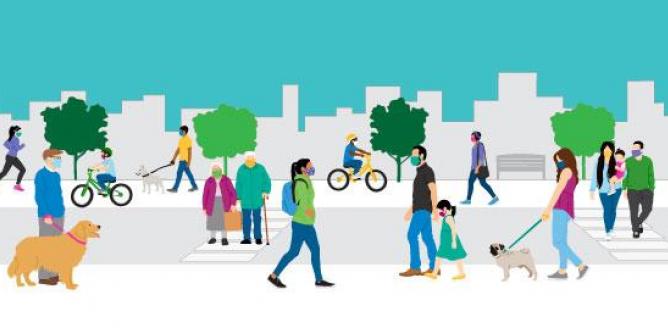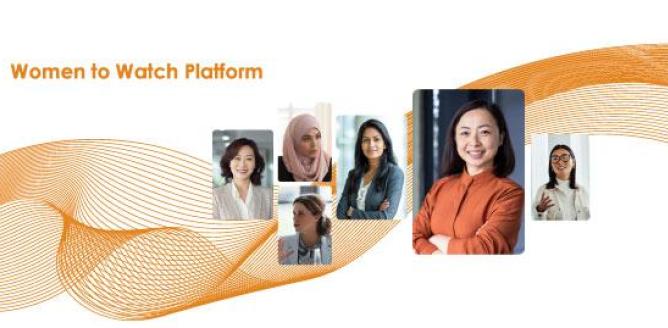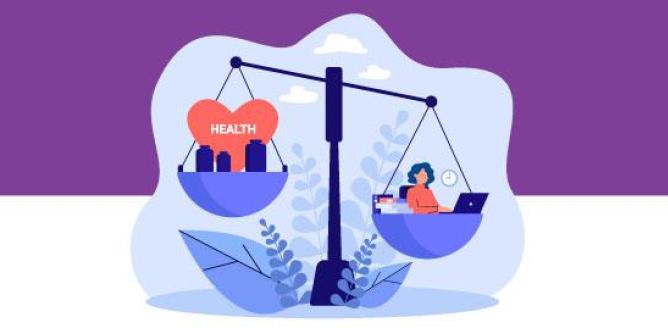Last week, we listened to the Chief Executive’s 2021 Policy Address with interest noting some progress and positive developments to address challenges faced by women and girls as well as opportunities for continued attention and strengthening, including:
- Specific Measures to Support Women: Measures to promote women’s wellbeing have been encouraging: the extension of maternity leave, increased childcare services, implementing legislation to protect breastfeeding mothers and increased baby care facilities on government properties. However, there are still many other barriers that women face preventing their full participation at work and in society including bias and discrimination particularly around health taboos such as menopause and family status like the motherhood penalty, the gender pay gap and disproportionate caregiving responsibilities, among others.
- Poverty Alleviation: Plans to support those in poverty with a focus on the elderly and working poor households. We were pleased to note the Government paying MPF contributions for low income workers. We encourage the Government to further consider measures to provide support for retirement for non-compensated workers who do not qualify for MPF such as family carers, with particular attention to women who are far more disadvantaged in retirement age.
- Support for the Elderly: The Government’s increased attention and services to assist and improve the quality of life for the elderly is well noted. Given the rapidly ageing population and declining fertility rate, our research with HSBC Life and HKU has shown that including different forms of support for informal caregivers in this strategy is imperative to enabling this population to stay in the workforce as long as possible, thereby reducing costs for Government, employers and individuals.
- Childcare Services and Child Safety: Increased childcare services and childcare subsidies for underprivileged parents has been a welcome development and is one critical component in enabling more women to enter the workforce. It was positive to learn of the Government’s plans to improve laws and measures to protect children from abuse, we also hope this will include online protection as reports of online child exploitation increased during the pandemic, affecting all genders but particularly girls aged 12-17.
- Youth Development: With plans to develop Hong Kong into an International Innovation and Technology Hub as well as a focus on developing young local talent, a gender specific approach will be needed to fully utilise all of HK’s talent. As we noted in our two pieces of research examining gender differences in STEM education, gender sensitive support is needed to encourage more girls to pursue STEM related subjects and careers.
- Achieving ASB Targets: We congratulate the Government’s milestone of achieving 35% female representation on Advisory & Statutory Bodies and believe the private sector would greatly benefit from the Government actively encouraging companies to take action to increase gender diversity on boards and throughout their whole organisation.
Overall, the Address provided a wide-ranging set of initiatives; however, a few critical areas are missing including further strengthening measures to prevent all forms of gender-based violence both in person and online, gender responsiveness in economic and public health strategies since the pandemic, measures to support particularly vulnerable groups of women, the availability of gender disaggregated data and a concerted effort to tackle gender stereotyping. Read our full set of recommendations to the Government here.
At TWF, we are committed to strengthening our collaboration and partnership across sectors to amplify positive actions to improve the lives of women and girls, and progress gender equality. As we work towards strengthening our city and community in the months and years to come, it is vital that gender equality, diversity, and the needs of our most vulnerable are front and centre. We look forward to working together with the Government and other relevant actors to help close these gaps.
Get in touch at Fiona.Nott@twfhk.org.





















